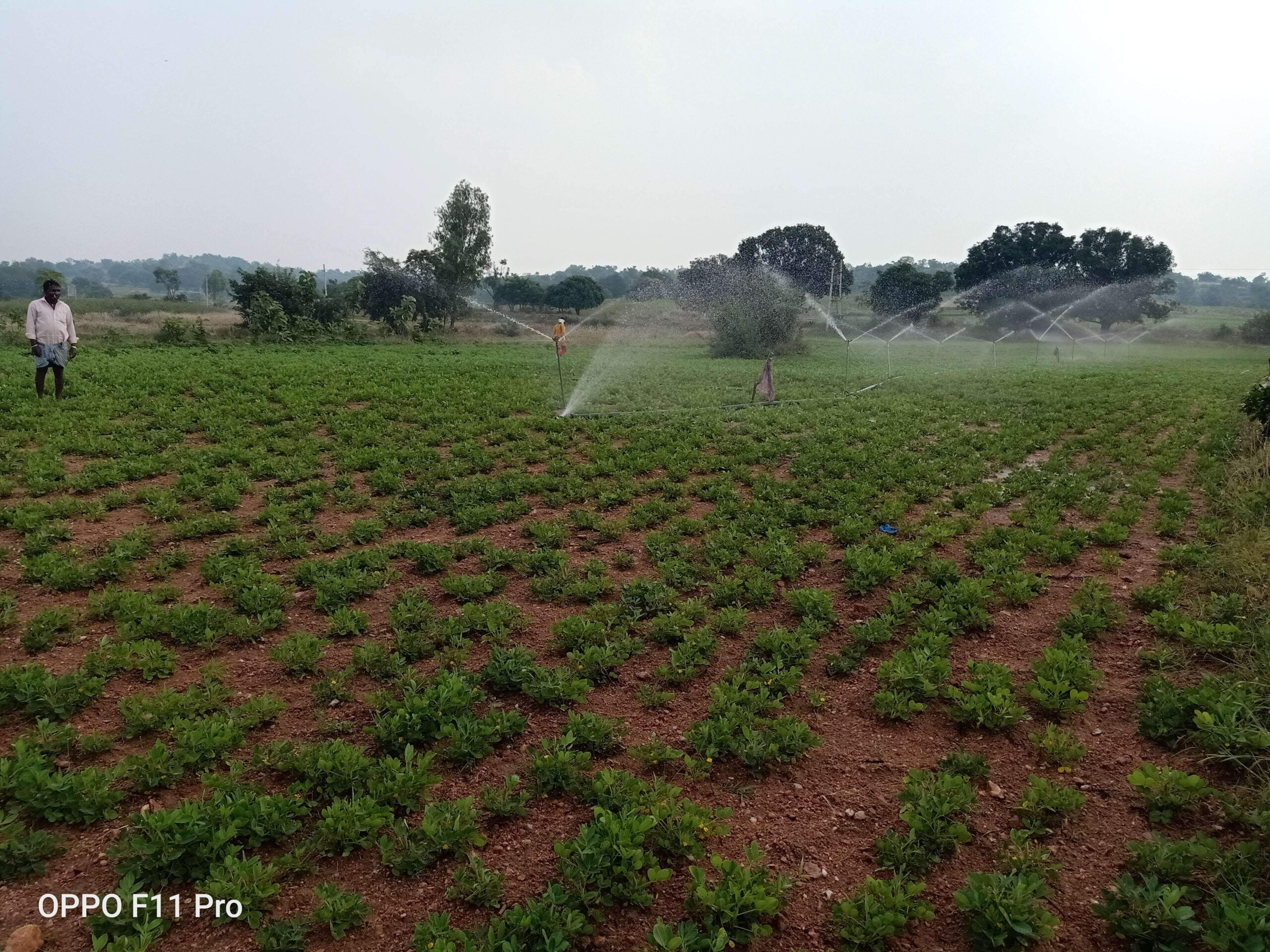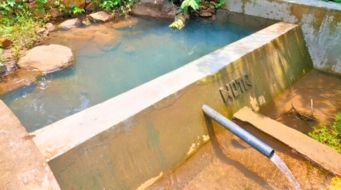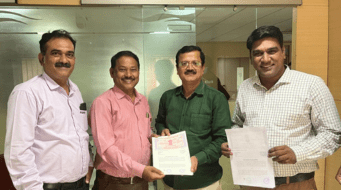Building adaptive capacities of farmers
Until about five years back cotton, paddy and red gram were considered the only profitable crops by the farmers of Kamsanpally village in Damargidda Mandal, Narayanpet district of Telangana. Water scarcity and extreme climatic conditions had already been making agriculture a less lucrative occupation for the farmers in the village. Shrinking landholding and degrading soil health was further adding to their woes. Also, the labour cost is an additional, but inevitable expense that marginal farmers find very hard to manage.
Ramulu is one such farmer from Kamsanpally village. Before approaching the WOTR team, Ramulu had struggled with consecutive crop failures for about 4 years. The meagre returns had put him under extreme financial stress and he was barely able to make ends meet. His crops were limited to a select few and required a high amount of chemicals and fertilizers. Ramulu’s expenditure on these chemicals was as high as 30% of the total income, which was making farming increasingly difficult for him. Cash crop cultivation for several years had already reduced the farm soil fertility, and delayed monsoon made the situation even worse.
Ramulu’s life changed for the better once he started attending farmers’ meetings organized by WOTR. He learned about the benefits of climate-resilient agriculture, techniques to improve soil health and the importance of crop diversification. This gave him a whole new perspective on sustainable farming practices and its benefits.
To resolve the farming challenges in Kamsanpally, WOTR has identified two main interventions – build climate-resilient agriculture and reduce cultivation costs. The team is closely working with the local farmers to create awareness on sustainable practices such as System of Crop Intensification (SCI), organic farming, integrated pest and nutrient management, etc.

A tool bank has been set up under each watershed project where farmers can use various farming tools on rent. Through farmer field schools, farmers are learning various techniques to improve soil health and crop diversification. Vegetable cultivation has been introduced which is turning out to be a lucrative option for the community.
Today, Ramulu is cultivating vegetables along with paddy and groundnut that have helped reduce climate and market risks. While the yield has significantly improved, his cost of cultivation has reduced to half.
Till date, WOTR’s climate-resilient agriculture has impacted over 940 households in Kamsanpally village.





